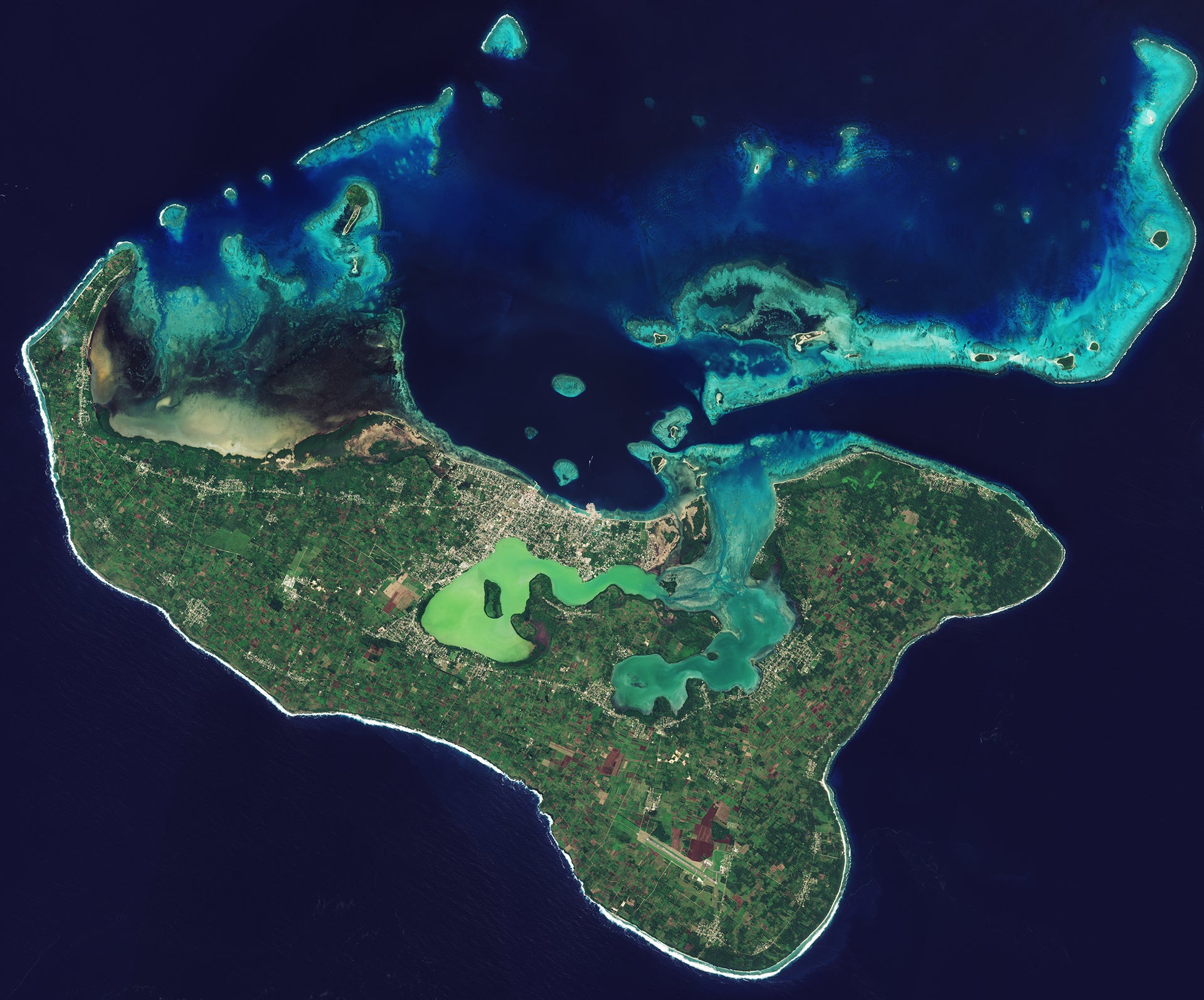
Satellites originally launched to study the wind could also be used to improve our understanding of ocean carbon levels, according to new research.
Monitoring ocean carbon levels is a key part of understanding where carbon emissions end up. Carbon emissions either remain in the atmosphere, become stored on land or in the ocean.
When the ocean absorbs carbon it helps to slow climate change because that carbon is stored for thousands of years, rather than increasing the percentage in the atmosphere where it contributes to global heating.
The study, led by the University of Exeter, UK, found that existing satellites could be used to monitor the relationship between factors including rain, wind, waves, foam and temperature, as well as how they affect the transfer of carbon between the ocean and atmosphere.
Improving our understanding of ocean carbon levels is critical for predicting future climate and regulating carbon levels, according to a recent IPCC report.
Oceans cover 70% of the Earth’s surface, making monitoring it a difficult feat. The researchers said that tapping into the existing satellite network would be crucial for filling “critical knowledge gaps”.
How well do you really know your competitors?
Access the most comprehensive Company Profiles on the market, powered by GlobalData. Save hours of research. Gain competitive edge.

Thank you!
Your download email will arrive shortly
Not ready to buy yet? Download a free sample
We are confident about the unique quality of our Company Profiles. However, we want you to make the most beneficial decision for your business, so we offer a free sample that you can download by submitting the below form
By GlobalDataA “robust network” to monitor ocean carbon
“Monitoring carbon uptake by the oceans is now critical to understand our climate and for ensuring the future health of the animals that live there,” said lead author Dr Jamie Shutler, of the Centre for Geography and Environmental Science on Exeter’s Penryn Campus in Cornwall.
“By monitoring the oceans we can gather the necessary information to help protect ecosystems at risk and motivate societal shifts towards cutting carbon emissions.”
The researchers called for a “robust network” that combines data from various satellites, ship instruments and automated floats that could routinely measure surface water carbon dioxide.
This could be done via an international charter, said the researchers, as well as drawing on tools such as Google Earth Engine.
Satellites launched in the future offer even more potential for monitoring ocean carbon levels, the paper added.
Researchers from the US National Oceanic and Atmospheric Administration, the Japan Aerospace Exploration Agency and the European Space Agency also contributed to the study.
The paper, entitled ‘Satellites will address critical science priorities for quantifying ocean carbon’, was published in the journal Frontiers in Ecology and Environment.
Read more: Amazon launches three green energy projects as part of Climate Pledge






